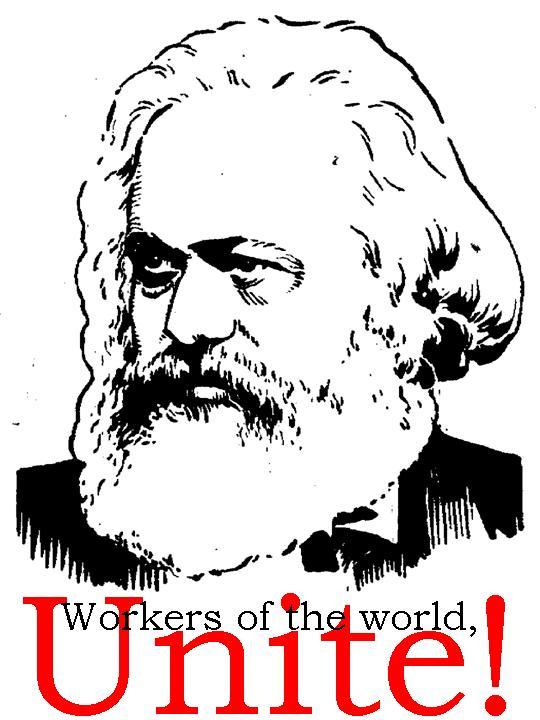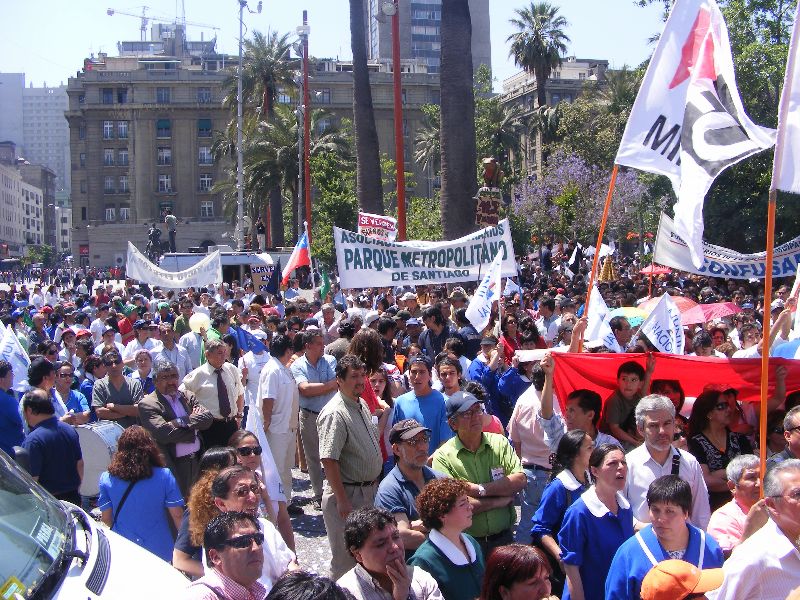Talk given by Tim Bowron at a public forum at the Christchurch WEA in November 2008 organised by the Workers Party.
It seems as though these days the only time you are likely to hear the name of Karl Marx mentioned is when he is being dismissed as the proponent of some outlandish utopian ideology which had marginal relevance in nineteenth century Europe but none at all now (the view of most standard history texts) or as a the prophet of capitalist globalisation who also had some rather funny ideas about workers and exploitation with which we need not concern ourselves too much (the view of more sophisticated bourgeois pundits such as the writers for The Economist).
It is indeed true that the idea that the working class of which Marx wrote so volubly is rapidly vanishing from the stage of history has some material basis (at least in first world countries like New Zealand). However while the number of workers directly engaged in the creation of surplus value in areas such as manufacturing and raw material extraction has certainly decreased in New Zealand over the past few decades, the amount of exploitation i.e. the mass of surplus value created by workers in these sectors and expropriated by the capitalists has not.
In addition, although the largest occupational group as measured in the 2006 New Zealand census were labelled as “professionals” (18.85%) followed by “managers” (17.14%), the relationship of these individuals to the means of production is clearly shown in the “status in employment” category where we learn that over 75% of the population are still dependent on selling their labour power in order to earn a living.
The real problem here then is not the absence of class but rather the collapse of working class consciousness (such that a supermarket checkout supervisor may now well consider themselves a “manager”, and various politicians can proclaim that we are “all middle class now”).






